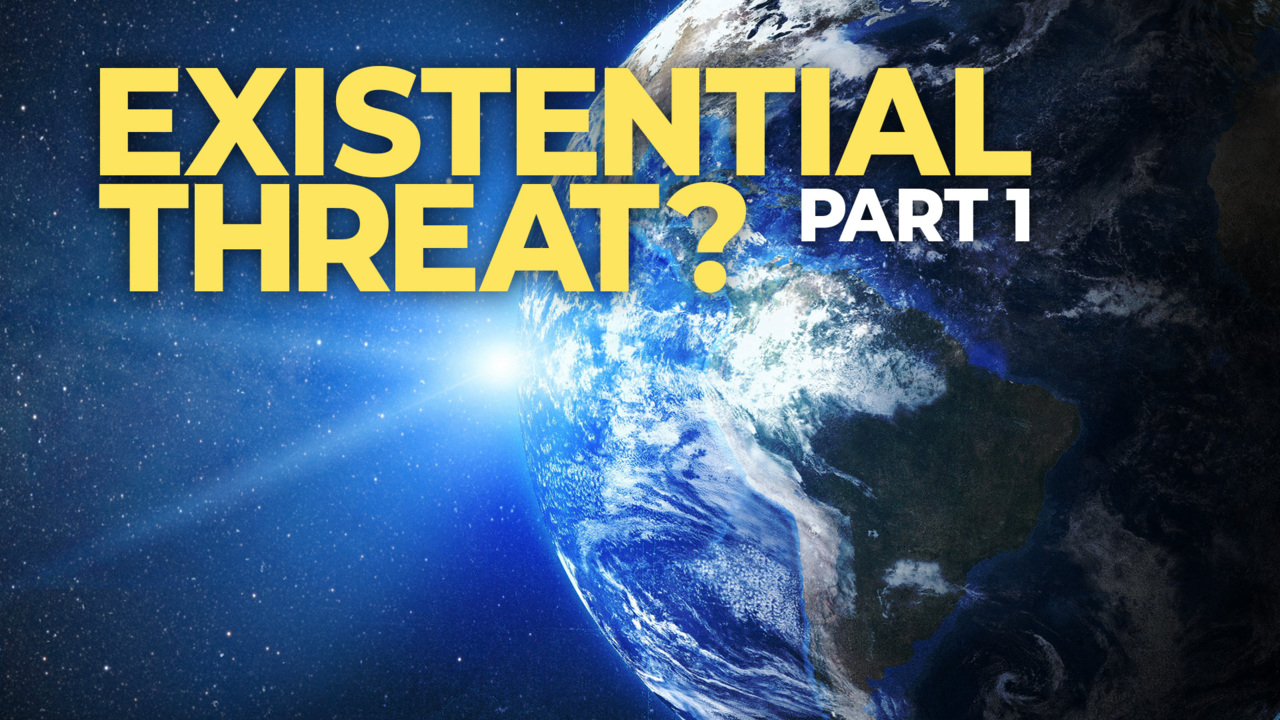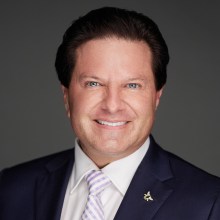
VIDEO 1
THE PREDICTIONS ABOUT CLIMATE CHANGE ARE DIRE.
AND THE VOICES CALLING FOR ACTION – GROW LOUDER EVERY DAY.
BUT WHAT IF WE DON’T ACT AS FAST AS THE U-N SAYS WE SHOULD?
AND WHAT ARE THE REAL CONSEQUENCES THAT WE FACE?
HOW MUCH OF WHAT WE HEAR IS EMOTIONAL RHETORIC – AND HOW MUCH IS FACT?
LET’S GET THIS STRAIGHT.
ONE CONSTANT WE HEAR FROM DEMOCRATS IS THAT THE GOVERNMENT NEEDS TO STEP UP AND SPEND MASSIVE AMOUNTS TO ADDRESS WHAT SOME CALL AN EXISTENTIAL THREAT.
SOUND IF SOME EXISTS?
THEY’RE PUSHING FOR INVESTMENT IN RENEWABLE ENERGY WITH WIND AND SOLAR AT THE TOP OF THE WISH LIST.
ACCORDING TO WAKE SMITH, A SENIOR FELLOW FOR BUSINESS AND GOVERNMENT AT HARVARD’S KENNEDY SCHOOL, ITS NOT SO SIMPLE:
“Wind and solar can play a role, so long as they’re not the only thing that we’re relying upon. Now we need energy storage in a way that’s well beyond what we now do.”
COMPLICATING MATTERS FURTHER – A RECENT SUPREME COURT RULING WHICH LIMITS THE ENVIRONMENTAL PROTECTION AGENCY’S LATITUDE TO REGULATE CARBON EMISSIONS.
NUCLEAR IS BACK ON THE TABLE AS WELL.
NUCLEAR ENERGY BECAME A POWER PARIAH AFTER
1979’S PARTIAL REACTOR MELTDOWN AT THREE MILE ISLAND. THE EVENT LED TO A FEDERAL MORATORIUM ON NEW PLANTS.
BUT THAT WAS THEN. NOW, POWER COMPANIES WANT THE GOVERNMENT TO CLASSIFY NUCLEAR AS GREEN ENERGY, AS IT DOES NOT PRODUCE ANY GREENHOUSE GASES.
HOWEVER ACCORDING TO SMITH, NONE OF THESE SOLUTIONS IS LIKELY TO BE ENOUGH.
“the difficult bullet we’ve got to bite is that it likely requires changes in habits and compromises in respective lifestyle, which no one has an appetite for.”
TO SMITH, THESE CHANGES SUGGEST A KEY TAKEAWAY: A SUBSTANTIAL REDUCTION IN THE AMOUNT OF ENERGY WE USE IN OUR DAILY LIVES.
WHILE AMERICANS MIGHT BE FINE REUSING WATER BOTTLES, WOULD THEY BE AS HAPPY TO DRIVE ONLY A COUPLE DAYS A WEEK OR TURN THEIR AC UP TO 78? SO FAR, NO POLITICIAN HAS MADE THE BET THAT VOTERS ARE ON BOARD WITH SUCH DIRE CHANGES TO DEAL WITH WHAT SOME CALL THE DIRE CLIMATE THREAT.
VIDEO 2
WE HEAR THE “SCIENCE IS SETTLED” ON CLIMATE CHANGE. BUT JUST WHAT’S SETTLED ISN’T EXACTLY CLEAR. GENERALLY, DEMOCRATS HAVE PUSHED FOR FEDERAL INTERVENTION AND TRILLIONS IN FEDERAL INVESTMENT. CRITICS ARE SKEPTICAL OF JUST HOW MUCH GOVERNMENT SHOULD DO ABOUT WARMING TEMPERATURES.
ENTER OBAMA ADMINISTRATION SCIENCE ADVISOR AND NYU PHYSICIST DR. STEVEN KOONIN AND HIS BOOK UNSETTLED? “THE CONSENSUS IS NOT AS STRONG AS IT IS PORTRAYED.” INDEED, THE DOMINANT VIEW OF CLIMATE SCIENCE, AS MEDIA OFTEN PORTRAY IT, IS THAT WE NEED IMMEDIATE AND COMPREHENSIVE REFORM. CLIMATE SCIENCE EXPERTS ARE PUSHING ESTIMATES THAT ARE MORE EXACT AND DIRE THAN EVER BEFORE KOONIN SAYS THE SCIENTIFIC RECORD LEADS TO A DIFFERENT CONCLUSION. “THAT DOESN’T MEAN WE SHOULDN’T DO ANYTHING ABOUT IT, BUT I THINK IT BECOMES MUCH LESS COMPELLING WHEN YOU LOOK AT THE ACTUAL SCIENCE.” KOONIN IS NOT DENYING CLIMATE CHANGE EXISTS, NOR DOES HE SAY THE CLIMATE RECORDS ARE COOKED. INSTEAD, HIS THRESHOLD FOR CERTAINTY IN WHAT THE SCIENCE SAYS ABOUT RISING TEMPERATURES (AND THEIR CONSEQUENCES) IS DIFFERENT FROM WHAT CLIMATE SCIENTISTS USE. THESE CLIMATE SCIENTISTS DON’T USUALLY WORK IN LAB SETTINGS. AFTER ALL, CLIMATE IS OUTDOORS. ESSENTIALLY, KOONIN AND OTHER SCIENTISTS DIFFER ON HOW CLEAR THE SCIENCE IS ABOUT NEGATIVE CLIMATE IMPACTS. BUT, DECISIONS MUST BE MADE EVEN WHEN FACTS ARE NUANCED. AND THAT’S A CHALLENGE.
UNIVERSITY OF CINCINNATI BIOLOGIST DR. NATE MOREHOUSE SAYS THE TROUBLE IS THAT PEOPLE ARE NOT COMFORTABLE MAKING DECISIONS WHEN THE INFORMATION ISN’T CLEAR. “ALL OF THOSE MODELS ARE BASED ON PAST EXPERIENCE PROJECTED OUT INTO THE FUTURE. BUT WE KNOW IT’S UNCERTAIN, RIGHT? UNCERTAIN IN SOME OF THE SAME WAYS THAT YOUR COMMUTE ACROSS TOWN IS UNCERTAIN ABOUT YOUR ARRIVAL TIME. BUT THAT UNCERTAINTY LEAVES SOME PEOPLE QUEASY. SHOULD I REALLYBUY AN ELECTRIC VEHICLE, SHOULD OR SHOULD I REALLY REDUCE MY IMPACT ON THE PLANET, OR DO I HAVE SOMETHING I SHOULD BE DOING TO HELP?”
MAJOR CHANGES – BOTH IN PERSONAL BEHAVIOR AND GOVERNMENT POLICY – ARE DIFFICULT IN THE FACE OF UNCERTAINTY. THE REALITY IS THAT DECIDING JUST WHAT TO DO ABOUT CLIMATE CHANGE MAY NOT FIT INTO AN EXTREME APPROACH IN EITHER DIRECTION. BRIAN CALFANO, STRAIGHT ARROW NEWS






